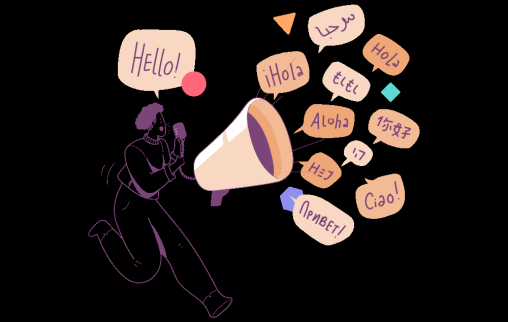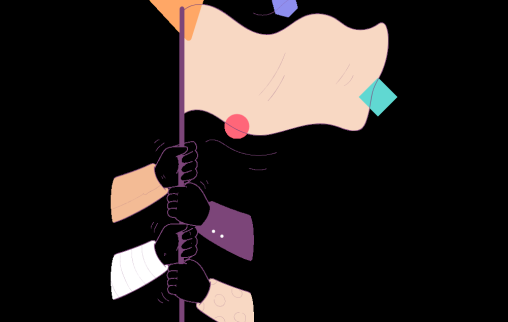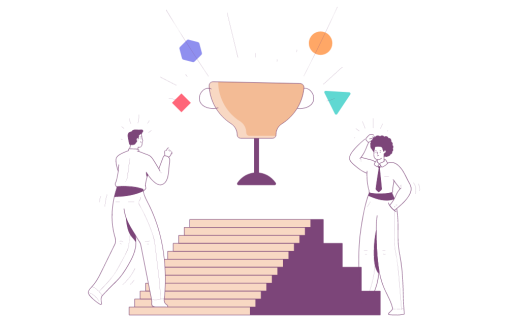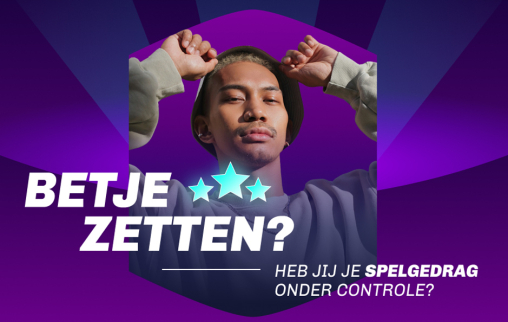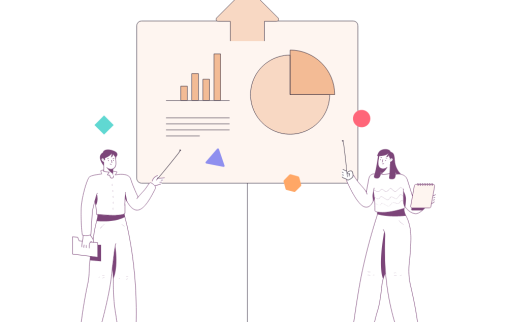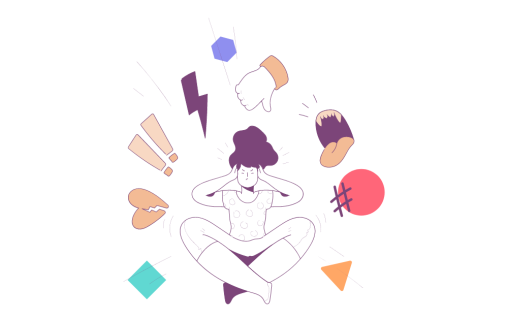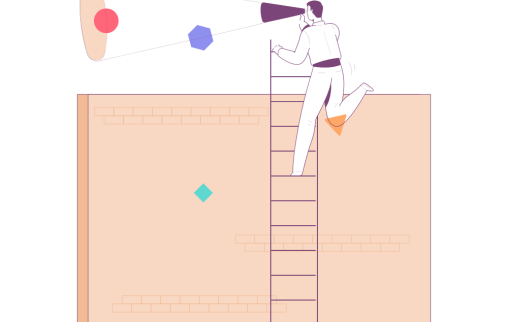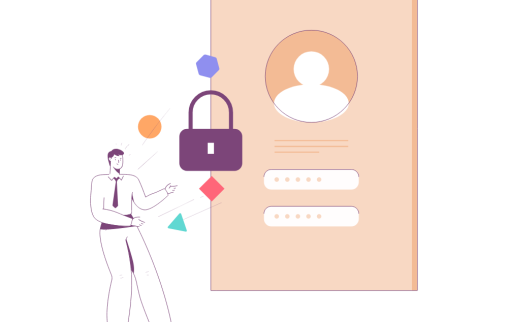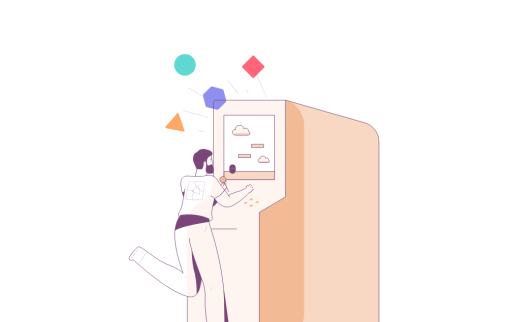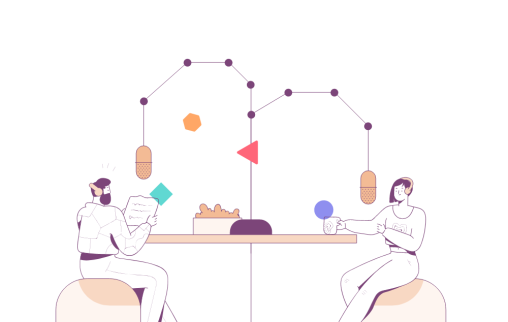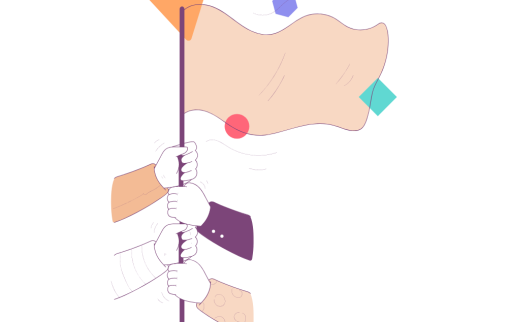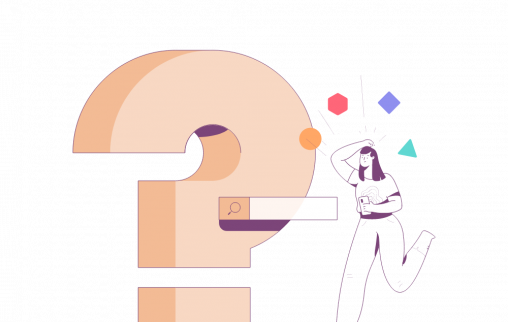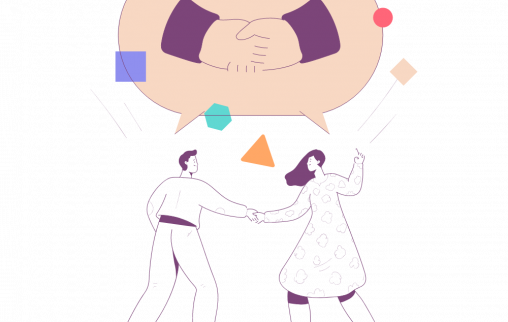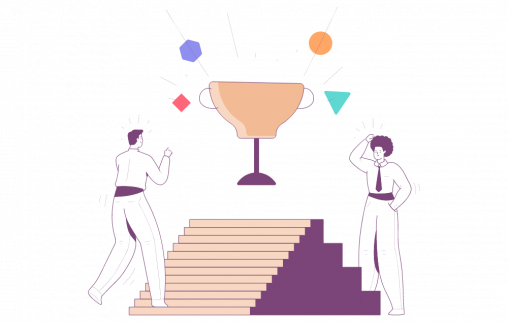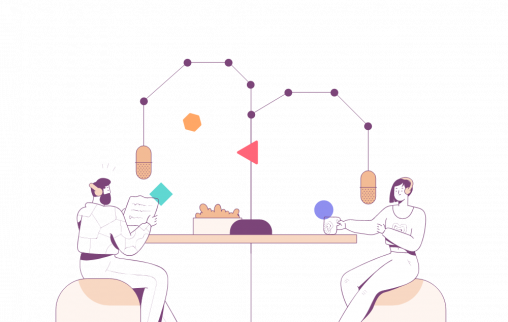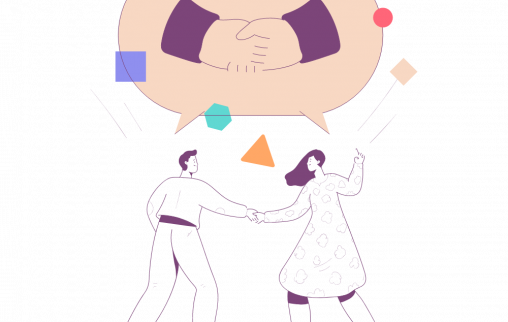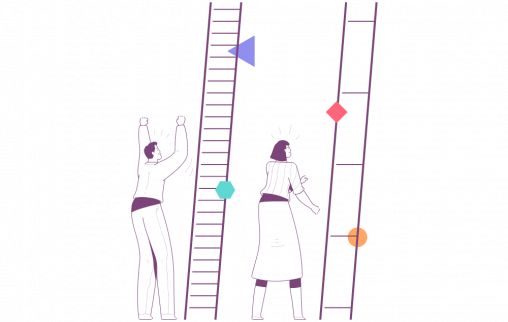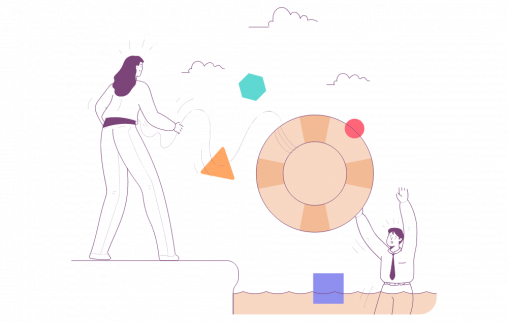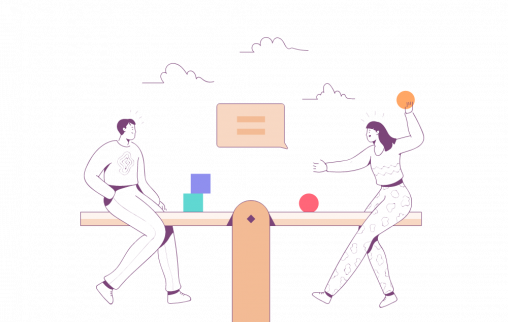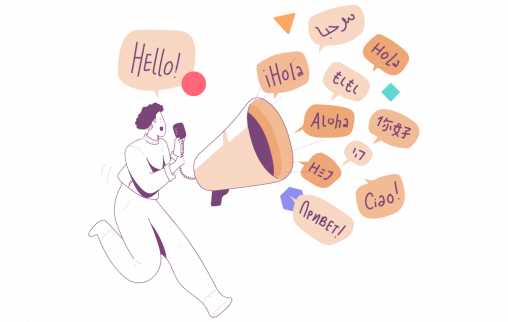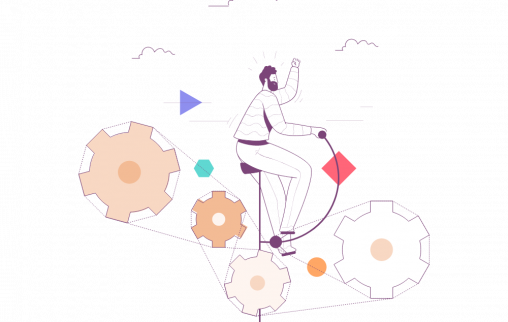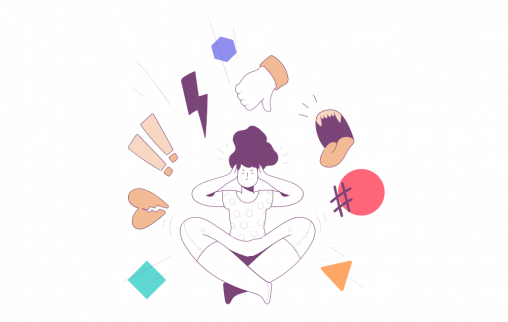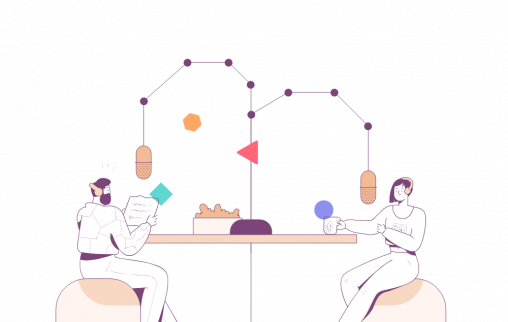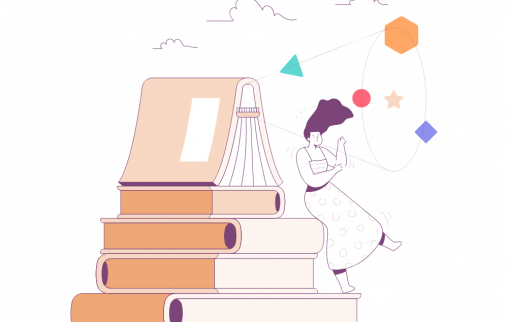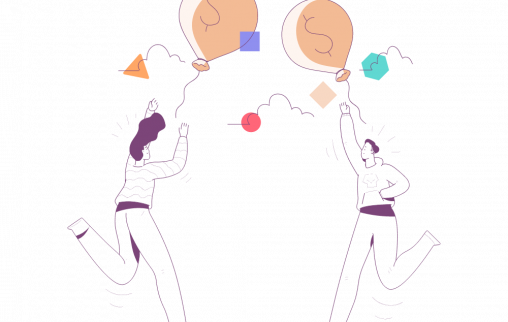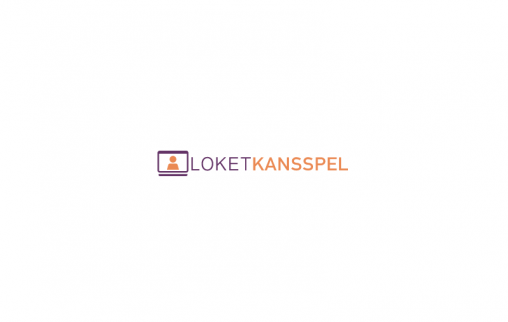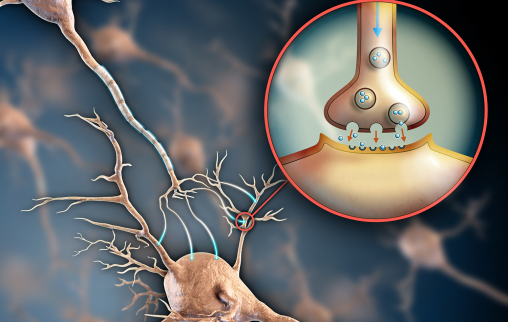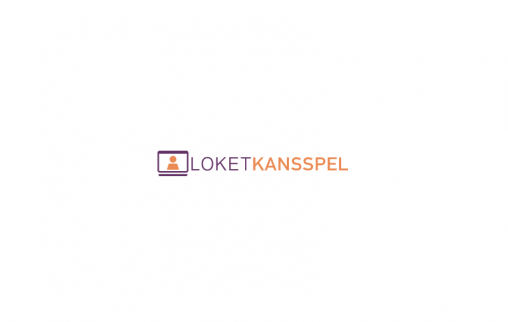My Client
This information is intended for treatment providers who come into contact with a gambling addicted client and would like more information regarding gambling addictions and appropriate assistance.
What is a gambling addiction?
You have landed on this page because you have a client with a (possible) gambling addiction. So what exactly is a gambling addiction and is it an actual addiction? How can you recognize problematic gambling behavior in your client? The answers to these questions are not always easy or straightforward. Loket Kansspel explains this according to different approaches:
According to the DSM-5
Excessive gambling is listed in the DSM-5 as a behavioral disorder (Gamble Disorder). The DSM-5 is the most recent manual describing all psychiatric disorders. This manual is used worldwide by psychologists, psychiatrists and other healthcare professionals to diagnose people with mental health complaints, problems and symptoms. According to the DSM-5, you have a gambling disorder if you meet four of the following in one year:
The client in question has to gamble with increasing amounts of money to get a thrill.
The client becomes annoyed or agitated when he/she gambles less or stops.
The client sometimes tries to gamble or quit less, but is unsuccessful.
The client thinks about gambling almost all day long, or about ways to get money.
The client gambles when he or she does not feel well. For example, if he or she feels anxious, depressed or guilty.
The client gambles to win back lost money.
The client lies about the number of hours he or she gambles, or about the amount of money he or she loses.
The client puts his or her relationship, job, or education at risk in order to gamble.
The client relies on others to help him or her get money, or to pay off gambling debts.
Disorder or addiction?
Because a gambling problem is not substance abuse, the DSM-5 (and mental health care in the Netherlands) does not diagnose excessive gambling as an addiction but as a behavioral disorder. However, people do refer to gambling as an addiction and gambling providers themselves regularly use the word gambling or gambling addiction. Even when looking at the biological and mental mechanisms behind excessive gambling, there is a strong argument for calling a gambling problem an addiction rather than a disorder.
Indeed, scientific studies show that people who gamble, addicted or not, produce more dopamine (Potenza, 2013), (AMC, 2017). And that is exactly what happens with many types of drugs as well. However, with excessive drug use, the body starts to make less and less dopamine and with gambling this is not the case.
In addition to dopamine, people who gamble excessively also produce more endorphins, a substance that has a numbing effect. This makes it easier for people who gamble to forget the problems around them. You could say that someone becomes addicted, but to the substances that the body itself produces through gambling.
Read more here about the chemistry of gambling.
Why do people gamble?
Addicted gamblers seek the thrill of gambling. It allows them to get away from the problems they have. A gambling addiction is always accompanied by underlying problems.
People with a gambling problem/addiction are always busy with their gambling, even when they are not gambling. They actually desire to gamble constantly. When someone wants to gamble less or no longer, he or she must fight many battles in one day.
How do I recognize a gambling addiction in my client?
Recognizing a gambling addiction is difficult. Unlike substance abuse, a gambling addiction is not as easily recognized by physical characteristics, such as the familiar red eyes in people with cannabis addiction, or the dilated pupils in people with cocaine addiction. The slower recognition of a gambling addiction means that a gambling addiction is often discovered later, which means that by the time it is discovered, the damage is often already extensive. Debts, for example, may have already risen to the point of eviction. But what are some of the signs by which you might recognize a gambling addiction?
The client in question has a preoccupation with money. The client talks a lot about money, such as financial difficulties, loans and/or debts, or about possible ways of obtaining money.
The client has (large) debts in the form of a loan, or a debt to family, friends or acquaintances.
The client neglects social contacts and regularly fails to appear at work. Gambling addiction takes up a lot of time, time that is at the expense of things like social contacts and work. In the beginning, a person may be able to keep up with showing up for work, but when the addiction grows over time, work attendance will also be negatively affected.
The client exhibits emotionally unstable behavior. The person in question is easily irritated, angry and can even become aggressive, alternating with exuberant joy. The client's mood depends on winning or losing at gambling. Restlessness may also be an additional behavior.
10 questions you can ask your client to check for a gambling addiction
Do you have financial problems and if so, what do they look like?
Do you ever gamble to try to solve your financial problems?
If you do, do you ever borrow money to play?
Do you ever gamble longer than you intended?
Does your gambling affect your work?
Does your partner/environment know that you gamble?
Do you keep things related to your finances from your partner/children?
Have you ever stolen money to gamble?
Do you suffer from guilt or shame related to gambling?
Have you ever thought of harming yourself/doing self-harm because of your feelings of shame?
It is also recommended that you inquire about any drinking and/or drug use. People who gamble often use alcohol, which makes them more likely to go on longer and bet more because alcohol use is disinhibiting. Stimulants such as amphetamines (speed) and cocaine (coke) are also sometimes used in order to go on longer. This is associated with an increased sense of self-assurance and riskier (gambling) behavior.
What do I do when I identify a gambling addiction in my client?
Perhaps your client has confided in you and told you that he/she has a problem with gambling. In that case, two important steps have already been taken: acknowledging that there is a problem and taking the first step toward help. From this conversation, you can look together with your client for the next steps he/she can take towards appropriate assistance. The Loket Kansspel Help Seeker is a handy search tool where you can see what is currently available in the client's area by entering a postal code and the desired type of assistance. Examples of services offered are anonymous assistance, individual sessions, self-help groups, day treatment and online assistance.
It is also possible that your client does not indicate having a problem, but that you yourself suspect a gambling problem/addiction in your client. In this case, it is wise to discuss this with your client. Keep in mind that a gambling addiction involves a great deal of shame and that the client in question is probably not open to accepting the term `gambling addiction`. When you start talking about the suspected problematic behavior, work towards this slowly by first talking about the (possible) consequences of repeatedly playing games of chance. By first making it clear what exactly the negative consequences of this behavior are, it is easier to clarify whether someone really has a problem.
Low-threshold anonymous counseling can be a good step towards further assistance. Below are a number of useful links to self-help groups throughout the Netherlands.
List of useful links
The chemistry of gambling
Through this link you can find out more about the chemical processes involved in gambling:
Gambling and the brainSelf help groups AGOG (Gamblers Anonymous and Gamblers Neighborhood)
On this website you will find more information about the self-help groups organized by AGOG:
Self-help to gambling addicts - AGOG NetherlandsSelf help groups GA (Gamblers Anonymous)
On this webpage you can find more information about the self-help groups of GA:
Meetings - Gamblers Anonymous NetherlandsThe help-seeker of Loket Kansspel
On this page you can find a handy help finder in which you can enter a zip code and the desired type of help to see what is currently available in the client's area.
The Loket Kansspel Help Seeker






